This version of ‘So you got naked online…’ is a resource that helps and advises young people who may find themselves in a situation where they (or a friend) have put a sexting image or video online and have lost control over that content and who it’s being shared with.
Tagged with guidance
The Safer Recruitment Consortium published an addendum to their Guidance for a Safer Working Practices document. The addendum was written to consider the issues around remote online learning.
Islington Computing Online Safety has collated policies and templates related to remote learning.
The impact of COVID-19 means that most of us will be at home for an extended period and are likely to be spending increasing amounts of time online.
The online world is a necessity for many children in accessing school work and it delivers huge benefits, not least in enabling us to stay connected to family and friends during this period. However, many parents may feel concerned about the content their children are accessing.
Although rare, there is a risk that increased online activity and feelings of stress and isolation may be exploited by negative influences and online groomers of all kinds to target vulnerable children and young people directly.
An understanding of digital safety will help parents and carers safeguard loved ones from a range of harms, whether that’s child sexual exploitation, fraud, or extremist influences seeking to radicalise vulnerable people.
Extremists may use the COVID-19 outbreak to promote hateful views, for example through conspiracy theories blaming a particular group for the virus, or through spreading misinformation regarding these groups’ responses to it.
You can access guidance and support from the Home Office here
Before you start work at a new school, whether as a placement while you train, or as your first school as a Newly Qualified Teacher, ensure you have the answers to these questions.
You may wish to note the answers here for reference. Your school mentor and (if you are in training) your ITT provider have a responsibility to cover this vital and fastmoving area of safeguarding (online safety = safeguarding) but it is in your interest to show an active interest and ask lots of questions.
Questions for the governing body and trustees to ask school leaders, to help improve a school's understanding of its cyber security risks.
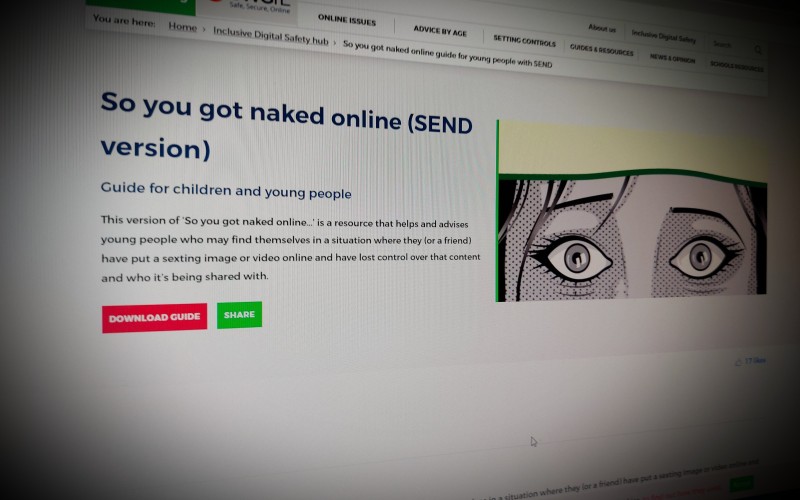
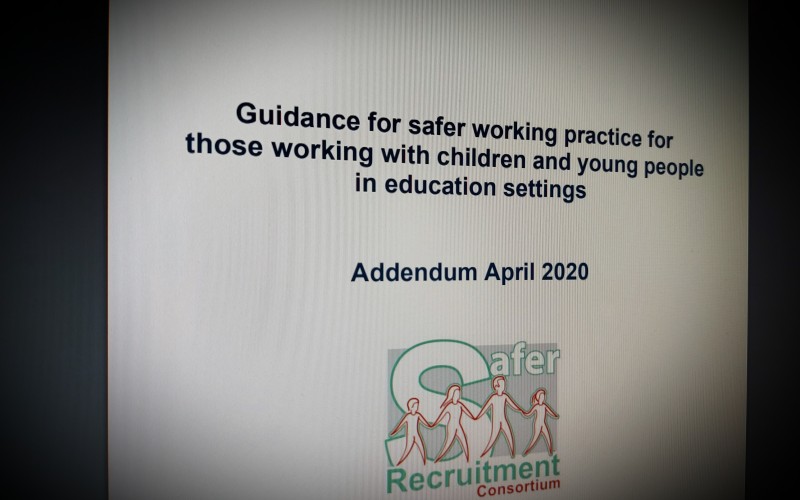
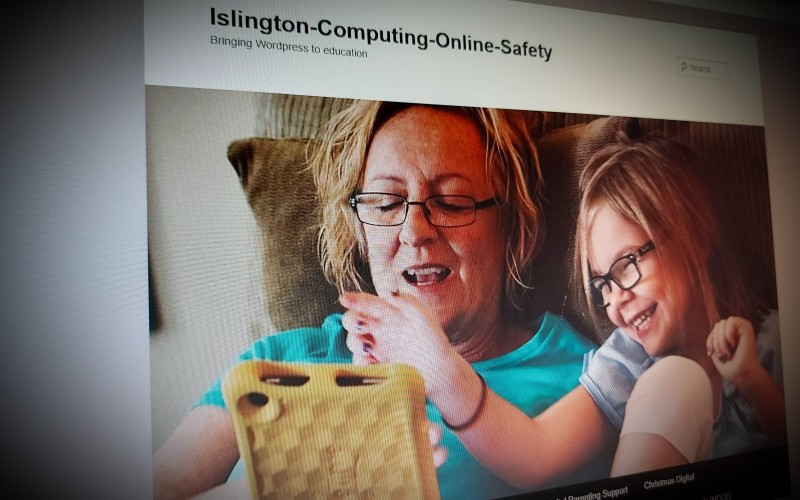
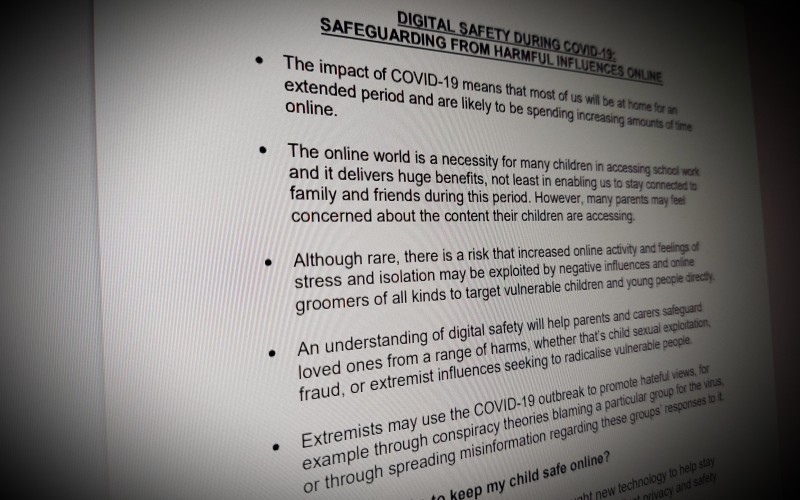
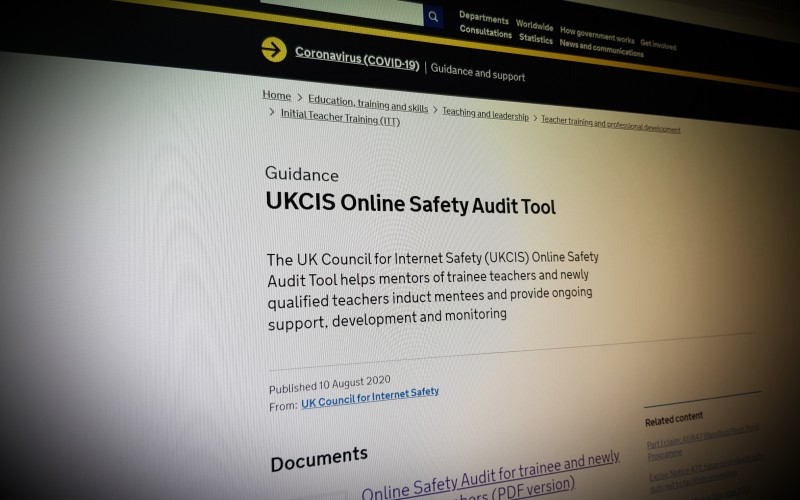
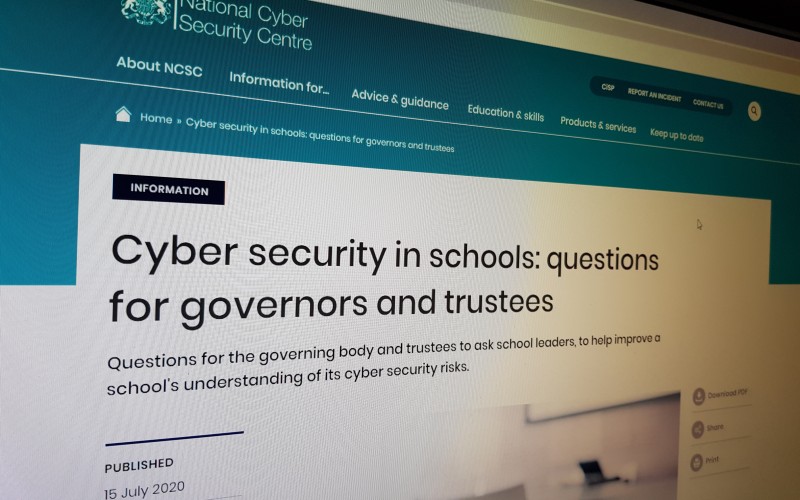
Comments
make a comment